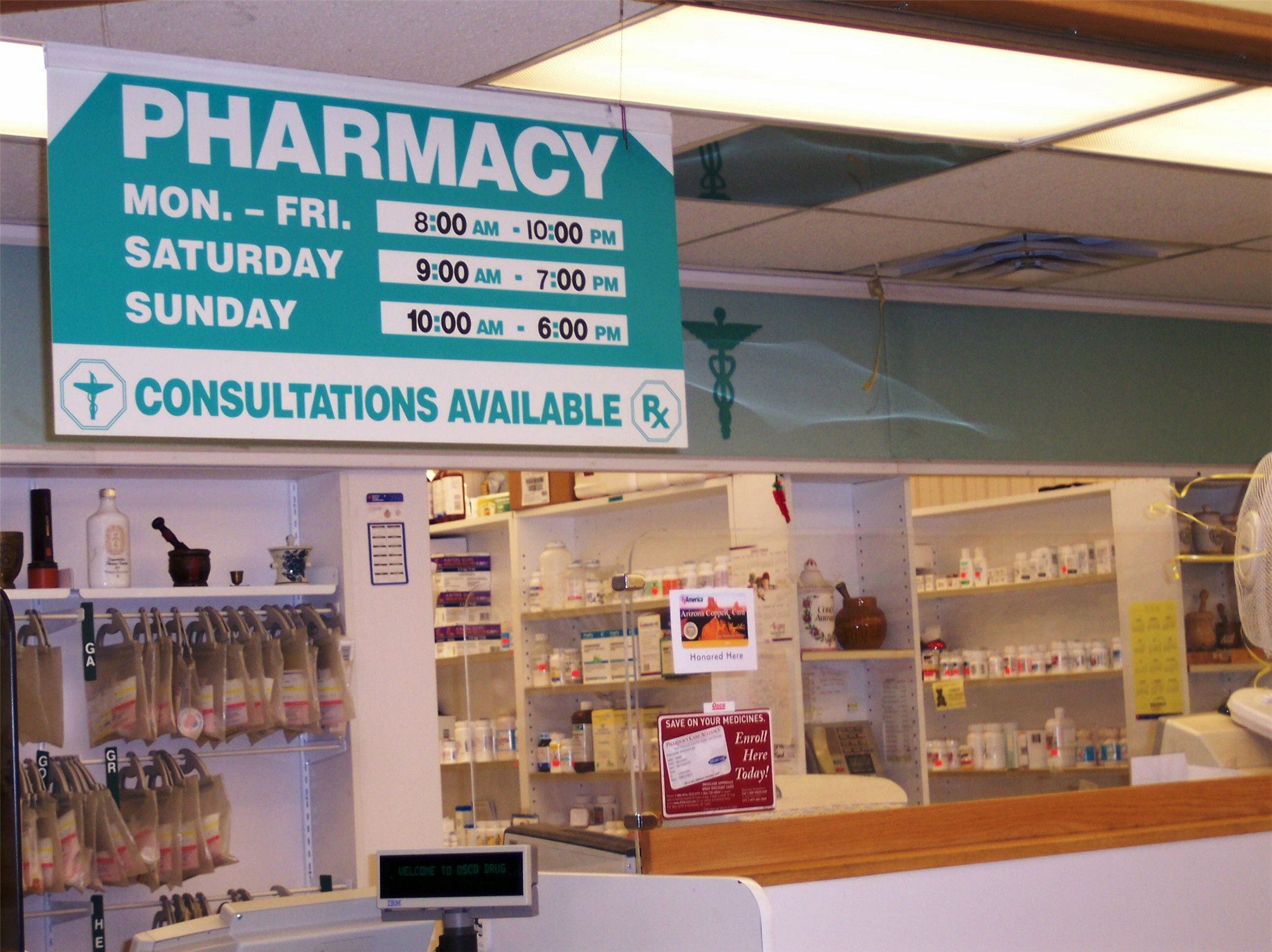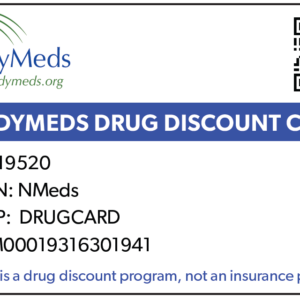Last Updated on May 8, 2025
Biosimilars are defined as “similar versions of an existing biological medicine by a different manufacturer.” Biosimilars may be used to treat difficult-to-manage conditions including rheumatoid arthritis, multiple sclerosis, chronic pain, HIV and cancer, among other conditions. Because they are more complex and more difficult to manufacture than other pharmaceuticals, rigid compliance to regulations and quality control are crucial to avoid contamination and drug shortages. Their complexity also means that they are more expensive for the patient.
A recent article by NBC News suggests that “the number of patients who could benefit from these more sophisticated therapies will only continue to grow, in some cases by 15% annually.” But how will we afford them?
 Changes are afoot in many health insurance plans, and some new rules state that any cost-savings must be weighed against severe health consequences, particularly where obtaining prior approval (an often lengthy process) or “step therapy” where a number of cheaper drugs are tried before moving on to more expensive ones. Seth Ginsberg, of the New York-based Global Healthy Living Foundation, says: “Insurance plans should not come between the patient and the doctor who is right there with them, deciding what the best course of treatment is.”
Changes are afoot in many health insurance plans, and some new rules state that any cost-savings must be weighed against severe health consequences, particularly where obtaining prior approval (an often lengthy process) or “step therapy” where a number of cheaper drugs are tried before moving on to more expensive ones. Seth Ginsberg, of the New York-based Global Healthy Living Foundation, says: “Insurance plans should not come between the patient and the doctor who is right there with them, deciding what the best course of treatment is.”
As well, the Affordable Care Act will provide some relief in 2014 when insurers will be required to restrict out-of-pocket costs, including for prescription drugs.
What can you do in the meantime? Kathleen Kingsbury of Reuters has these suggestions:
- Contact the drug manufacturer directly and inquire about their Patient Assistance Program for your medication. They may be able to help you maneuver the insurance approval process.
- Ask your doctor’s practice administrator for help. Health plans often require prior authorizations and the paperwork can be daunting. Be polite and persistent.
- Make sure your health history, including prescribed medications, is well-documented. Ask your physician or nurse practitioner to assist you in pulling together your health record.
- Ask your doctor for assistance and advice regarding authorizations.
- Ask your employer for help if you have a health insurance plan through your workplace.
- Appeal if you are denied.
- Pay attention to deadlines.
- Keep detailed records of all correspondence.
What has your experience been with obtaining biologics? What advice do you have? Please share with us!





2 Comments
Where can I go to find out about a specific drug being excluded from insurance coverage? The drug is Gleevic
and is used in the treatment of Leukemia.
Gary, there is a program available for Gleevic – http://www.needymeds.org/drug_list.taf?_function=name&name=Gleevec&gname=imatinib&coupon=1
If you have any other questions or need help with other meds don’t hesitate to shoot us an e-mail at info@needymeds.org or call our toll-free number: 800-503-6897.